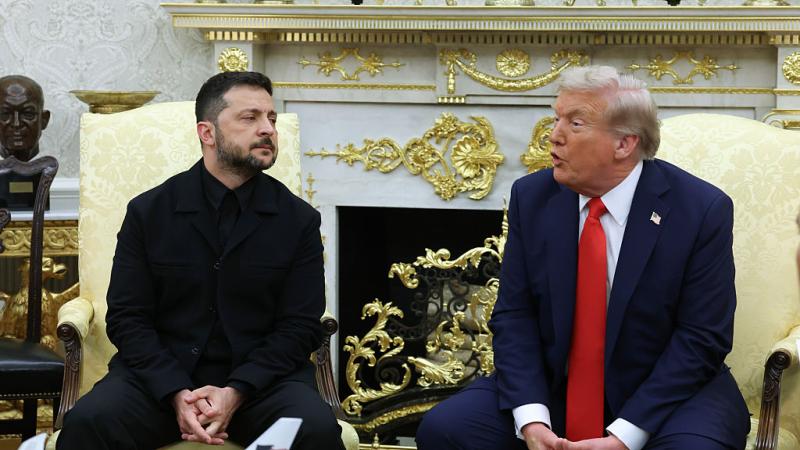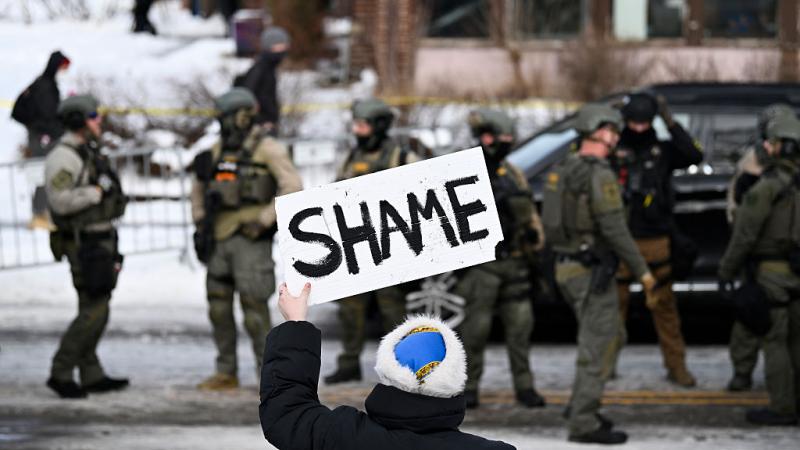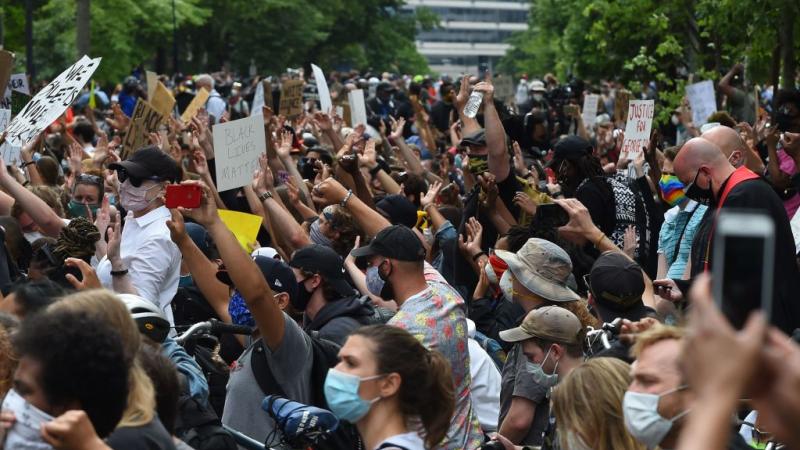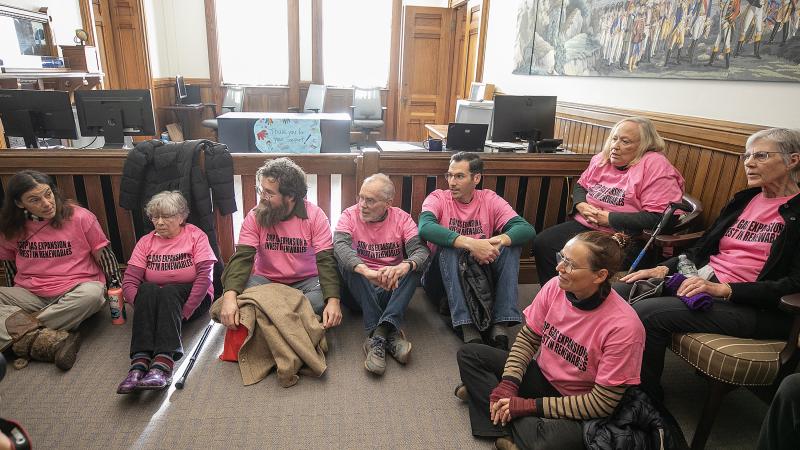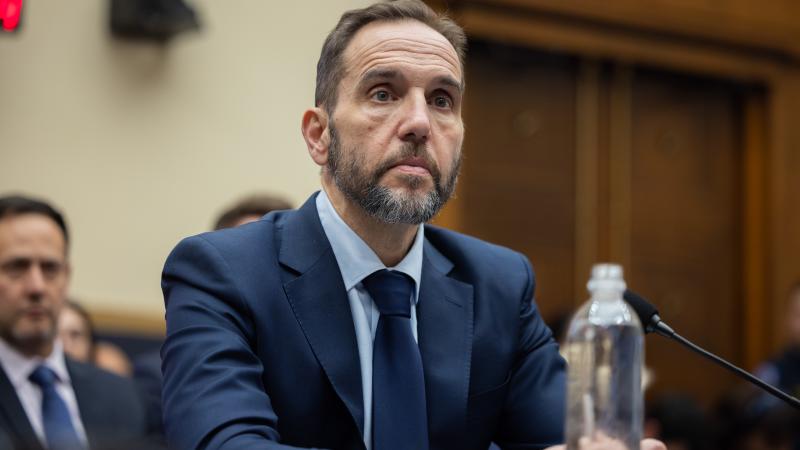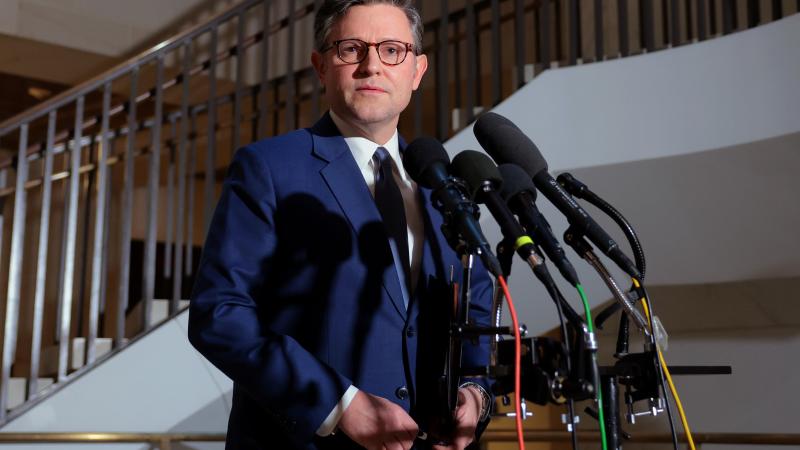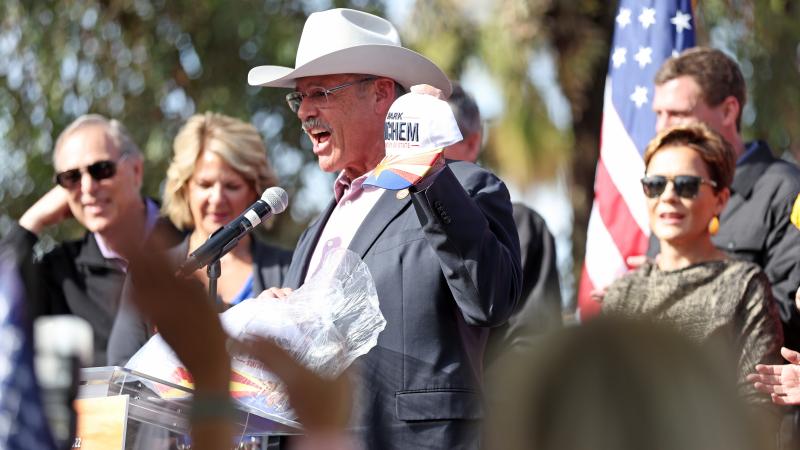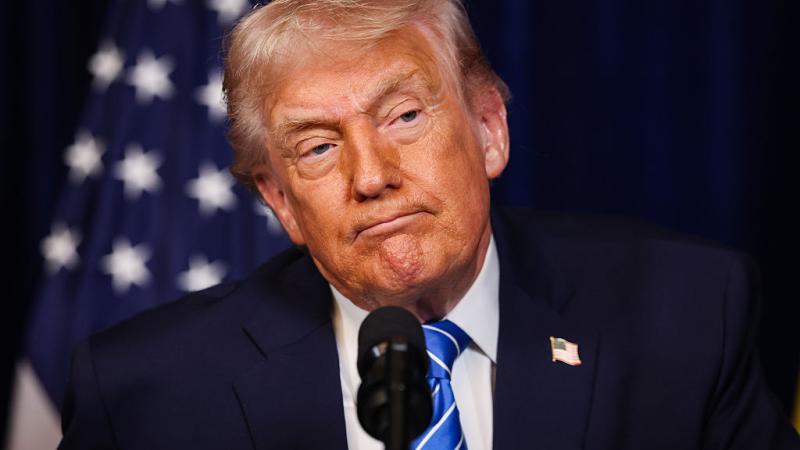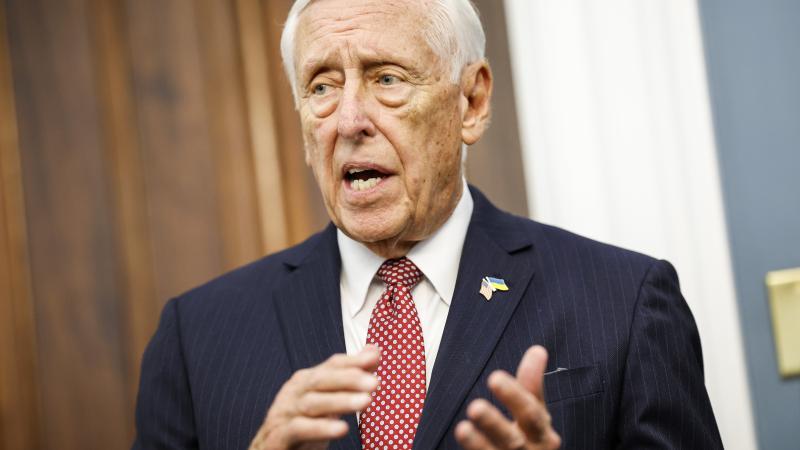Trump’s tough negotiating tactics make intransigent allies more cooperative on trade, defense
After initially challenging the American president, European and Canadian allies are eager to secure deals and give Trump credit.
After a rocky start, some U.S. allies are negotiating in good faith with the Trump administration, from trade to burden sharing in military alliances, showing the effectiveness of the American president’s tough negotiating tactics.
The latest evidence is Canada’s quick action to rescind a digital services tax that would have cost U.S. technology companies billions after President Donald Trump abruptly canceled all trade talks between the countries over the issue, renewing the threat of increased tariffs on goods exported to Canada’s largest trade partner.
The move, the Canadian finance minister said, was aimed at restarting the negotiations to come to a mutually beneficial trade deal by the previously agreed-upon July 21 deadline.
The quick and conciliatory action is a big change from the early Trump administration, when Canadian officials took firm stances against Trump in general, and in particular, the American president’s tariff threats and sensational prodding about the U.S. annexing its northern neighbor.
A deal-making pattern is developing
The changes in the Canadian reaction to President Trump are part of a larger pattern that is emerging among the United States’ closest allies—many of which had strong negative reactions initially against the U.S. leader’s about face on trade and defense policy compared to his predecessor. Now, many allies are cooperating on trade and defense, handing a series of wins to America.
At the outset of the new administration, European leaders decried Trump’s tariff hikes, objected to calls to significantly increase their defense spending, and taking on the primary role in aiding Ukraine.
But now, the continent has shown increasing willingness to engage with Trump in good faith. In response to Trump’s tough demands, the member states of the continent-wide NATO alliance — with the exception of cash-strapped Spain — agreed to increase defense spending to five percent of gross domestic product, an increase that the American president has long wanted from the country’s closest allies.
In an example of how the countries are seeking to please Trump, the new target was proposed by the alliance’s secretary general, Mark Rutte, to meet the U.S. request for greater European commitment to the common defense of the alliance. Up until the new commitment, most NATO members spent about 2% of GDP on defense. Rutte’s plan allows for a flexible commitment for 5%, with 3.5% for conventional defense and 1.5% in broader security-related expenditures—like infrastructure. All members signed on except Spain, which sought a special carveout to keep its defense spending low, citing domestic constraints.
In his response to Spain’s lower commitment, the president appeared to link Europe’s cooperation on defense expenditures to the ongoing trade talks with the European Union, of which many allies are members. Trump said that the U.S. is going to make Spain “pay twice as much” in a future trade deal because of its failure to increase defense spending.
“I like Spain. It's a great place, and they are great people, but Spain is the only country out of all the countries that refuses to pay. So they want a little bit of a free ride, but they will have to pay it back to us on trade because I'm not going to let that happen. It's unfair,” the president said last week.
Unlike Spain, the rest of the NATO members heaped praise on the president and largely credited him with strengthening the alliance, which resulted in softer rhetoric from the American leader compared to his early words about the group.
Ahead of the meeting, the Rutte sent a message to Trump praising him for the successful negotiations to increase defense spending, a sentiment echoed by several other European leaders during and after the summit in The Hague, Netherlands.
“You are flying into another big success in the Hague this evening,” Rutte wrote. “Europe is going to pay in a BIG way, as they should, and it will be your win.”
Trump's global winning streak
The United Kingdom pioneered a new response to Trump’s tariffs, entering early negotiations with the new administration and securing a deal to stave off the steep tariff increases that Trump promised. The agreement entered into force on Monday after successful negotiations earlier this year.
The U.S. and the U.K. agreed to minimal 10% tariffs on several key sectors, which the Americans said would increase the country’s access to the U.K. market and British officials said will protect local jobs by providing reinvigorated trade with the U.S.
The trade agreement with the U.K. comes only weeks before a July 9 deadline for negotiations with the European Union. On that day, the U.S. tariffs on the political and economic block are slated to rise to about 50% across the board—a potentially catastrophic market impact European officials seem keen to avoid.
Stephen Miran, Chair of President Trump's Council of Economic Advisors, told Just the News that he would not be surprised if a "flurry" of new trade deal frameworks were announced ahead of the looming deadline.
"Obviously, the UK deal is already done, but there's promising progress from a number of other countries," Miran told the Just the News, No Noise TV show on Monday.
"You know, on the campaign trail, the President promised 10 to 20% tariffs on the whole world and 50 to 60% tariffs on China in particular. We're not far from that right now," he said. "We've got about 10% of the whole world and 50% on China, and it's bringing in trillions of dollars of revenue over the 10-year window, and countries are lining up to make concessions, to keep tariff rates at relatively low levels and to avoid them, to avoid them spiking back up."
This is a big change from early European reactions to President Trump’s tariff policies. These duties elicited sharp reactions from senior E.U. and other European officials. At the time, the E.U. bluffed with a tough retaliatory package if talks failed and lamented the American president’s assault on bilateral trade.
But, now European officials are reportedly optimistic that an agreement with the U.S. can be reached before Trump’s July 9 deadline. Last week, European Commission President Ursula von der Leyen reportedly told bloc leaders that she believed a deal was imminent and notably admitted that European officials would be willing to accept an imbalance in order to prevent escalating tariffs.
U.S. Commerce Secretary Howard Lutnick also said he is “optimistic” that the two sides can reach an agreement ahead of the deadline.
“Europe has done an excellent job, they’re working hard,” Lutnick told Bloomberg TV on Thursday. “I’m optimistic — I think we can get a deal now.”
The Facts Inside Our Reporter's Notebook
Links
- quick action to rescind a digital services tax
- Canadaâs largest trade partner
- proposed by the allianceâs secretary general
- said that the U.S. is going to make Spain
- sent a message to Trump
- increase the countryâs access to the U.K. market
- British officials said
- reportedly optimistic that an agreement with the U.S. can be reached
- Lutnick told Bloomberg TV

